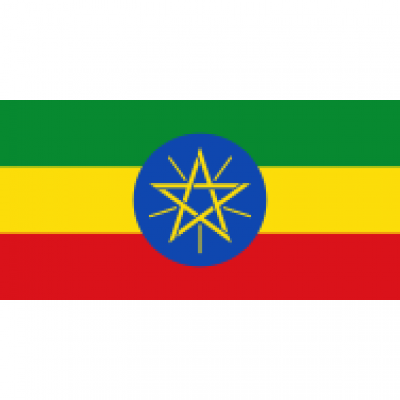Share
Print

In accordance with article 55 (1) of the constitution of the Federal Democratic Republic of Ethiopia, Proclamation No. 916/2015 defines the powers and duties of the executive organs of the FDRE. Accordingly, the Ministry of Education (MoE) is re-established and has the powers and duties to:
Set education and training standards, and ensure the implementation of same;
Without prejudice to the generality of the above article:
formulate a national qualification framework;
formulate a general framework of curricula for education;
set minimum educational qualification requirements for school teachers;
set minimum standards for education and training institutions;
Expand and lead higher education;
Ensure that quality and relevant education and training have been offered at all level of the educational and training system;
Prepare and administer national examinations based on the country's education and training policy and curricula; maintain records and issue certificates of results;
Develop national technical and vocational education and training strategies and ensure their implementation;
Ensure that student admissions and placements in public higher education institutions are equitable;
Publicize national performance in education and training.
(In its area of jurisdiction):Initiate policies and laws, prepare plans and budgets, and upon approval implement same;
Ensure the enforcement of federal laws;
Undertake study and research; collect, compile and disseminate information;
Undertake capacity building activities; implement, cause to implement and ensure effectiveness of the reform and good governance works;
Provide assistance and advice to Regional States, as necessary; and provide coordinated support to Regional States eligible for affirmative support as coordinated by the Ministry of Federal Affairs and Pastoralist Development;
Enter into contracts and international agreements in accordance with the law;
Direct and coordinate the performances of the executive organs made accountable to it under the laws establishing them or under Article 38 of this Proclamation; review the organizational structures as well as the work programs and budgets of the executive organs and approve their submission to the appropriate government organs;
Address women and youth affairs in the preparation of policies, laws and development programs and projects;
Create, within its powers, conditions whereby persons with disabilities, the elderly, segments of society vulnerable to social and economic problems and H.I.V. AIDS positive citizens benefit from equal opportunities and full participation;
Exercise the powers and duties given to it under this Proclamation and other laws;
Where necessary, delegate part of its powers and duties to other federal or regional state organ;
Submit periodic performance reports to the Prime Minister and the Council of Ministers.
